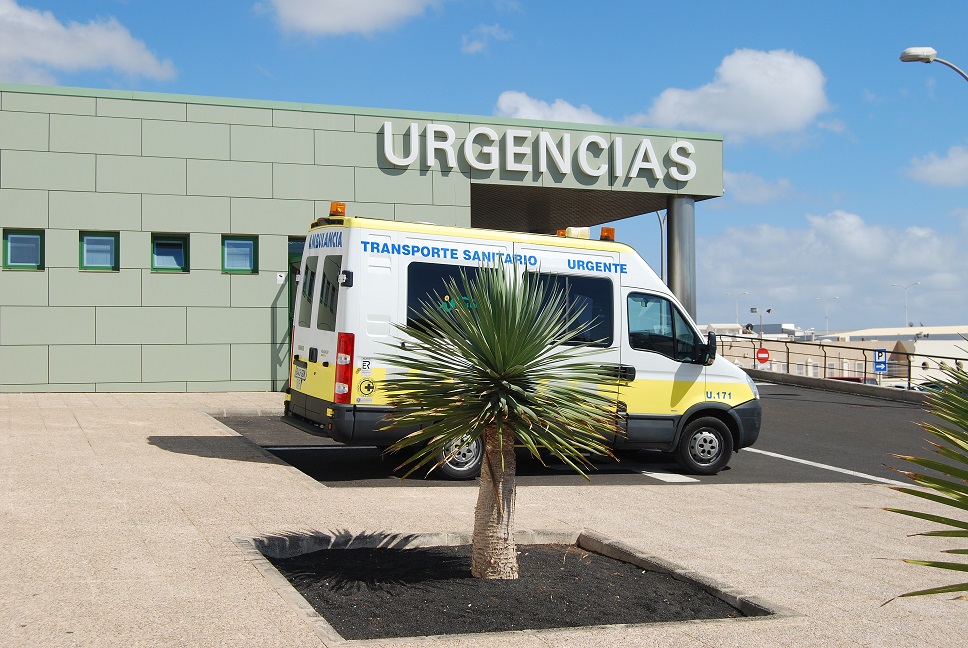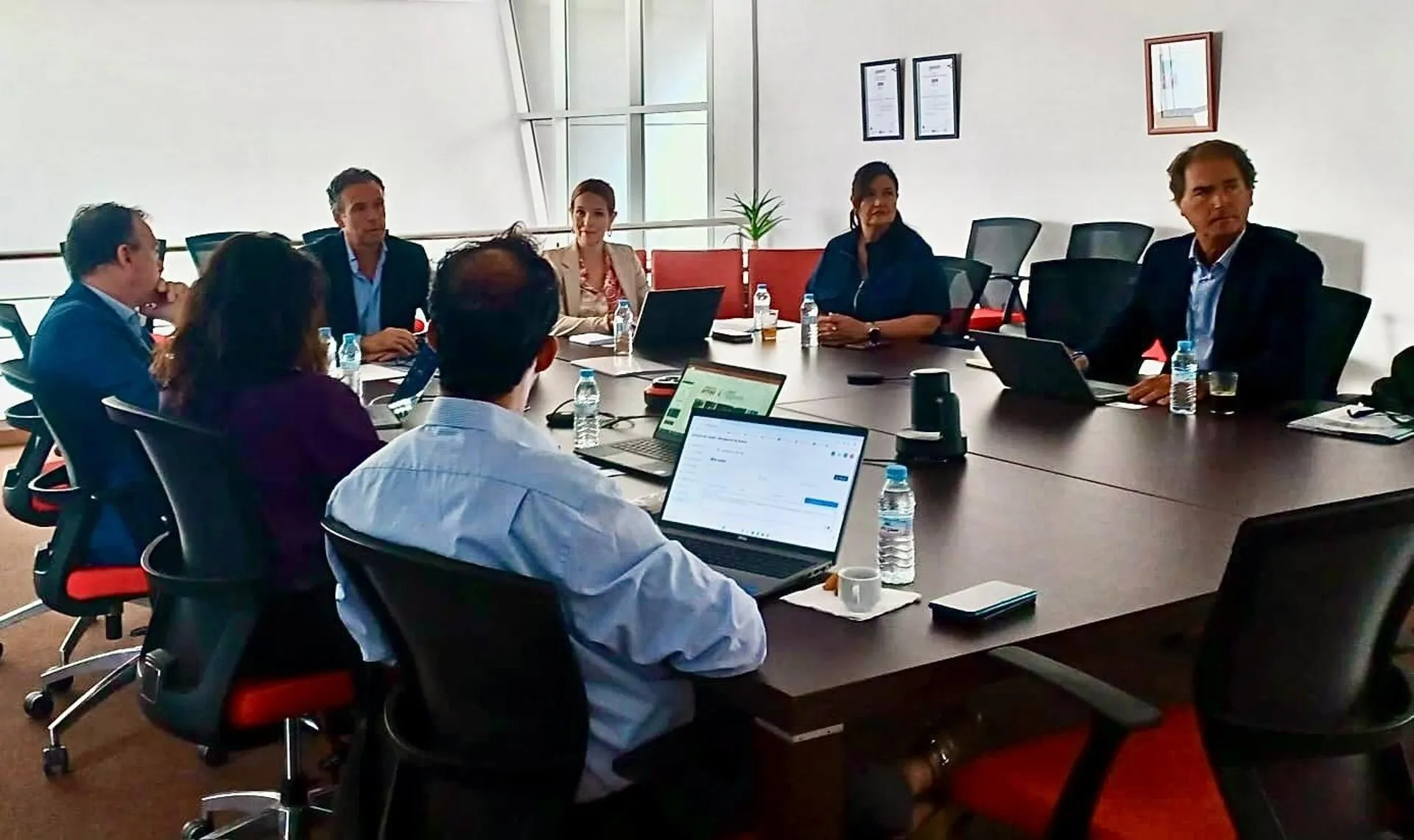Lanzarote and Texas: A Shared Future
For twenty years, a handful of individuals have held the thread connecting Lanzarote to Texas in their hands. Dr. Alfonso Chiscano, his son Steve Chiscano (honorary consul of Spain in San Antonio), Larry Yaskiel from the Lancelot newspaper, and Paco Hernández from the Historical Archive of Teguise have created true magic. While the governments of the Canary Islands and Lanzarote have overlooked them, they have kept the flame of our history alive.
Today, that seed is blooming. And it does so with the strength of those who dare to think big. For the first time, Lanzarote does not travel to Texas merely to remember but to build a future.
Texas: A Giant Surpassing Spain
Texas is not just another state. With over 30 million residents and a GDP of $2.6 trillion, its economy is already larger than that of Spain, positioning it as the eighth-largest economy globally if it were a country. It is a hub of energy, technology, agriculture, universities, tourism, culture… and a market that offers real scale to those with vision.
For Lanzarote, this means much more than selling products: it is the opportunity to design a programme for the future. With the support of CIDA (Canary Descendants Association in San Antonio) and local institutions, Lanzarote can and must create a bridge that allows the descendants of the sixteen Lanzarote families who founded San Antonio in 1731 to travel, connect, and explore their roots. This represents high-value tourism that not only consumes but also resonates emotionally with their identity, generating economic impacts far exceeding the low-cost tourism currently crowding our beaches.
The 56 Canarians—men, women, and children—who left Lanzarote did so under extreme conditions, and through their efforts, they laid the foundation for one of the great cities of the United States. Three hundred years later, their descendants remind us that history is a premier economic and cultural asset.
HEB: From Janubio to Texas Shelves
The key achievement of this mission has been strengthening ties with HEB, the most influential supermarket chain in the southern United States, boasting over 400 stores and an annual turnover exceeding $38 billion.
Consider concrete examples: Janubio salt could transition from a local artisanal product to a gourmet icon in Texas homes. Quesería El Faro, with its family tradition, could reach millions of consumers who value authenticity and distinctive flavours. Volcanic wine and sweet potatoes would find a market willing to pay competitive prices, helping to create more jobs on the island and increase their production.
This is not merely theoretical: it involves direct employment in our wineries, cheese factories, and salt pans; indirect employment in transport, logistics, and promotion; and induced employment in hospitality and services due to the economic activity generated. The door HEB opens is not commercial; it is transformative.
The Alamo: A Shared Symbol
The most emotional moment of the mission took place at the Alamo, a UNESCO World Heritage site and the heart of Texan identity. It was here that the battle of 1836 marked Texas’s independence, a place filled with significance for millions of Americans. Presenting Lanzarote there was not merely a folkloric gesture: it was about projecting our brand to the world from Texas’s most powerful symbol. It stated: Lanzarote is not just beaches; it is living history, shared culture, and products that can compete with the best. And the history at the Alamo was written with Spanish, Canarian, and Lanzarotean blood. Let us share it.
Shared Identity and Future
During one of the dinners on the mission, Erika Prosper, wife of the former mayor of San Antonio, described Lanzarote as a land where “women pulled the cart, kept people alive while others went to build the new world, and with their hands, camels, and land, transformed lava into prosperity and unique products that allowed them to strive for a future. That story of perseverance, struggle, and invisible heroes is common between Lanzarote and San Antonio, and we must tell it.” This sentiment gave us goosebumps. There, in the voice of a Texan, we heard how our ancestors were remembered with emotion and gratitude.
While we in Lanzarote may have forgotten them, they will never forget us. They have kept the promise to honour their origins. And today, they not only care for us; they can help us.
Agreements and Horizon
During the mission, progress was made on an agreement with the new mayor of San Antonio and Judge Peter Sakai to prepare for the grand celebration of the 300th anniversary of the city’s foundation by Canarian families in 2031. This horizon is not merely historical: it opens avenues to work with airlines for direct routes between Texas and the Canary Islands, fosters exchanges for business missions, and positions Lanzarote as a logistical base for American firms aiming to enter both the EU and Africa while hiring local teams on the island. This is not about attracting more tourists who compete to place towels on sun loungers but about welcoming high-spending Texan visitors eager for culture, gastronomy, and nature, all wishing to connect with the land of their ancestors.
From Shame to a Lever for the Future
Three centuries ago, we gave Texas our most valuable asset: our people. Today, we have the opportunity to leverage Texas as a means to accelerate the future we desire: economic diversification, cultural pride, and sustainable, quality tourism.
Shame would be to ignore this opportunity again. Pride will come from accepting the hand extended by the eighth-largest economy in the world, our younger sibling that surpassed us long ago, and rising from the ground towards a shared future.














